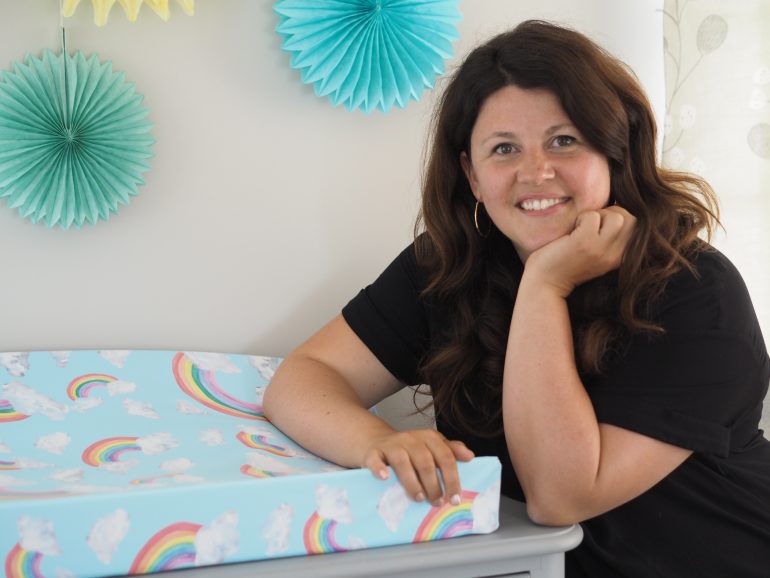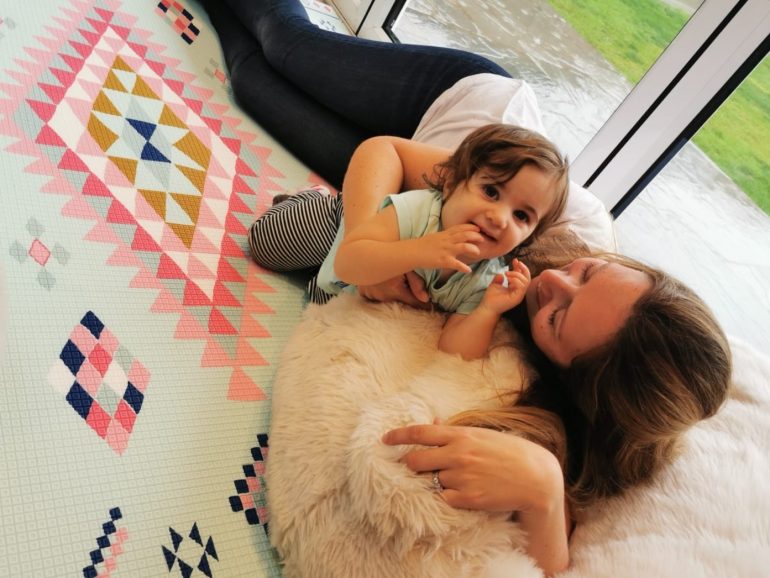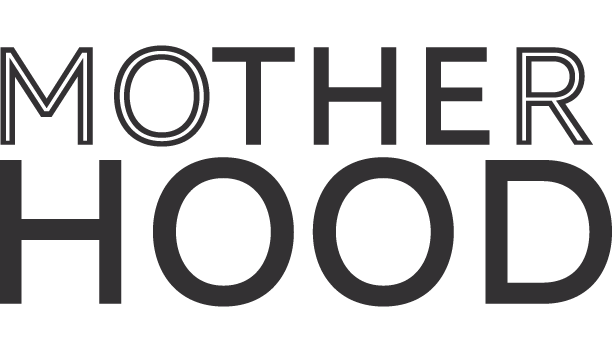Eco-friendly baby products are making green waves in the marketplace as mums demand more sustainable products for their families and it seems small businesses and entrepreneurial mums are the ones taking the lead.
Clear Out 2020 may have started the same way as 2019, 2018, 2017…. but the end result was, I hope, a greener one. Old clothes were recycled – handed on to grateful friends and the local baby bank. Old toys were given to nursery in the hope they’d be loved just as much as they had been at home. A neighbour was delighted with the challenge of mending an iron that no longer sprayed water and I even found homes for unwanted presents and a pile of odds and sods that last year would have ended up, unceremoniously, in the dump.
What was left was a big pile of plastic baby products. Three potties (not sure how I acquired so many), an old, damaged car seat, a pile of plastic bibs, two change mats and a huge plastic sheet that had once defended my carpets from bolognaise and Play-Doh. To me, this mountain of stuff was completely unrecyclable and unhand-downable.

Why then, I ask, is all this baby paraphernalia not made from something more sustainable?
“The big problem with baby things,” explains Jeanie Bird, founder of The Gilded Bird – a range of baby change mats trying to be greener – “is they’re, understandably, governed by very high standards. It makes it hard to use recycled materials in the production of them as manufacturers can’t guarantee they’re 100% non-toxic. And, for the same reason, it’s hard to eliminate plastics and plastic packaging unless you can guarantee that what you use in its place is 100% sterile.”
RELATED CONTENT: TIPS FOR A CLEANER, GREENER AND HEALTHIER HOME
Given the ecological state we’re in, the mounting concern about our planet and the fact that babies and children are, unwittingly, huge polluters, surely something should be done?
“Attitudes are starting to change”, says Jeanie, “and retailers are slowly catching on to the fact they need to be more environmentally aware, but progress is slow. Take change mats as an example. They’re generally not very durable, meaning hundreds of thousands are disposed of every year. I set out to change that by making a product that will stand the test of time. I’ve also started to use recycled polyester instead of new foam and I’m working on packaging them with biodegradable bags instead of the single use plastics which I’m required to use now. But, there’s a long way to go and it’s a fine balance between getting an eco-friendly product to market at a wallet-friendly price.”

Of course, Jeanie’s not the only one keen to be green. Bryony Lewis has recently brought a new brand of playmats to the UK. The Play with Pieces UK designs are, like Jeanie’s, made to last. “They’re extremely hard-wearing”, explains Bryony, “they don’t pull apart or break like traditional foam mats and they’re really easy to clean. Perhaps more importantly though, they’re single use plastic-free and that includes the packaging. Small steps, I know, but important ones.”
Had I known back then when I bought the baby products destined for the scrap heap what I know now, I’d have probably done things differently. A little research uncovered a 0% plastic potty by Eco from Naty, made of sugarcane, which, of course comes complete with biodegrable liners. The organic British brand Frugi makes all of its clothes and accessories from organic fabrics or recycled plastic bottles (and ships them in biodegradable packaging). And you can even get a stylish eco-friendly pram these days – Greentom uses recycled and organic materials throughout their collection. Even better, their pushchairs can be recycled once they’ve worn out.
Parents are eager for eco-friendly baby products and hopefully businesses small and large will take note and continue to innovate.
RELATED CONTENT: CHARITY SHOP GEM FOR SECONDHAND KID PRODUCTS



